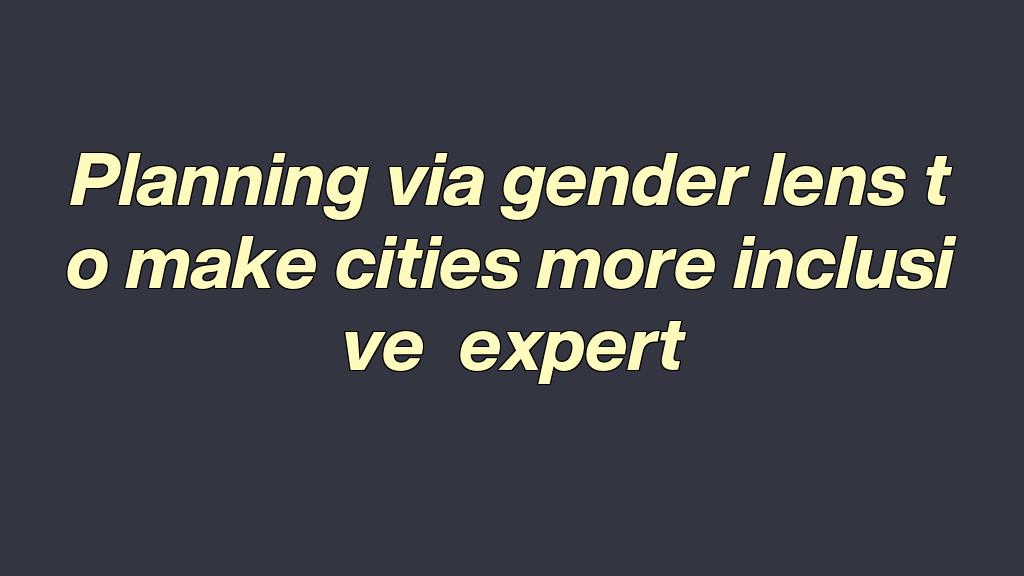MANILA, Philippines — Urban spaces and transport systems will become truly inclusive if planners adopt a “gender dimension” in their designs, a Filipino transport expert said at a recent forum on mobility., This news data comes from:http://www.705-888.com
Planning via ‘gender lens’ to make cities more inclusive — expert
Benjie de la Peña, CEO of the Chicago-based Shared-Use Mobility Center (SUMC) and chairman of the Global Network for Popular Transportation, said infrastructures such as walkways, terminals, and mobility hubs should not only be efficient but also comfortable and accessible for all types of users.
“Engineers tend to think of efficiency and movement alone. They don’t think about the waiting part,” De la Peña said at the Philippine Mobility Series 2025’s “Mobility Chat,” organized by AltMobility PH and co-presented by the Department of Transportation (DOTr). “In a good system, you think about how it is to wait and dwell.”

He stressed that women and caregivers often have trip patterns that differ from men and office workers. While most public transport routes are designed around employment centers and peak hours, De la Peña noted that women often make multiple stops—such as dropping children at school, buying groceries, or bringing elderly relatives to medical appointments.
“None of the public transportation systems are particularly friendly to that,” he said.
To address this, he urged the development of mobility hubs and transit policies that factor in women’s and caregivers’ needs. He cited his team’s interviews with 100 women aged 11 to 95, saying their research framework “radically changed” once gender considerations were included.
“If we design for the people with the most challenges, it works better for everyone else,” De la Peña said.
Grab Philippines, a partner in the mobility series, said the initiative was important in amplifying civilian perspectives in transport planning. “We need a platform to allow exchanges of ideas to flow in order to improve mobility in the country,” said Grab spokesman Booey Bonifacio.
The forum was also supported by the Move As One Coalition, with discussions centered on how inclusive transport planning can reshape Philippine cities.
- Marcos 'ready' to undergo lifestyle check- Palace
- Trump names US ambassador to India
- 175th birth anniversary of Marcelo H. Del Pilar commemorated in Manila
- Philippine experts urge harm reduction strategy for tobacco control
- Rep. Tiangco reveals P17B flood control allocations linked to former appropriations chairman Rep. Zaldy Co
- Ukraine drone attacks spark fires at Russia's Kursk nuclear plant, Novatek's Ust-Luga terminal.
- Discaya says her family owns nine companies
- PH to see ‘blood moon’ Sept. 7-8
- Marcos mum on Magalong joining independent commission for DPWH probe
- Vietnam evacuates thousands ahead of Typhoon Kajiki